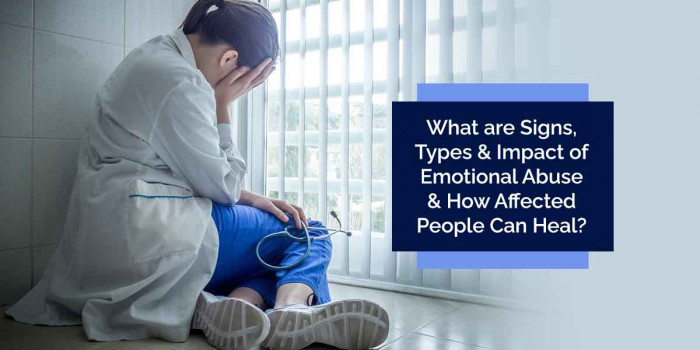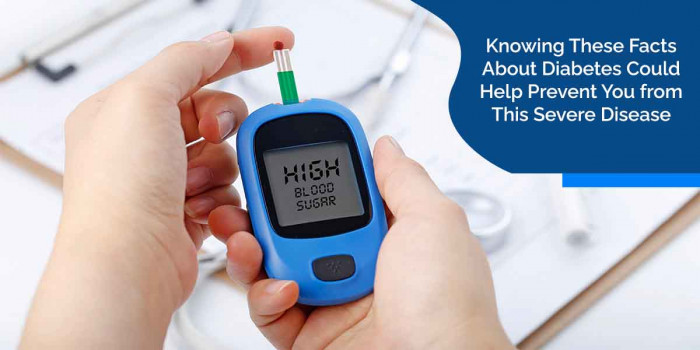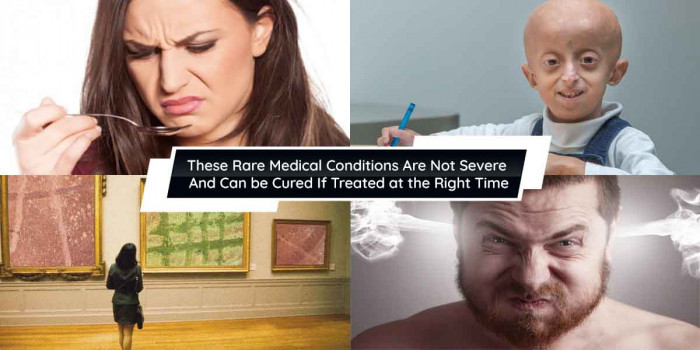Everything You Need to Know About Personality Disorders
Personality is a way of feeling, behaving and thinking that makes a person unique from other people. Take a look at the different types of personality disorders and their impact on human behavior.
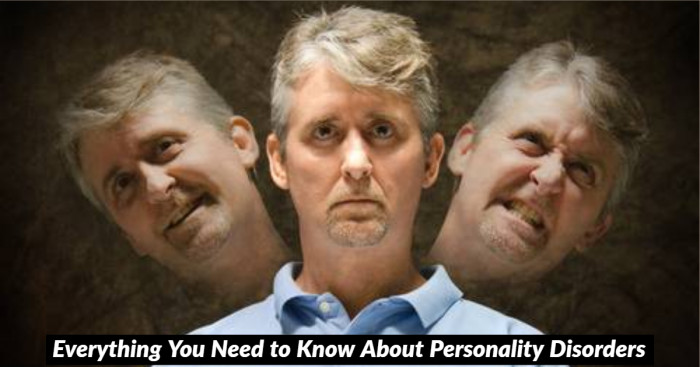
It is difficult to describe the exact meaning of the word ‘personality’. That is because the word ‘personality’ can be described in many ways. For instance, shyness is used to describe the nature of a person, how he behaves in the company of others. At the same time, in mental health, personality refers to the behavior and pattern that evolves from biological and environmental factors. It includes the ways how a person feels, behaves and thinks.
An individual’s personality is determined by surroundings, experiences and inherited characteristics. Whereas, a personality disorder is a type of mental disorder that affects an individual life in many ways. Let us now deeply understand the types of personality disorders, its signs, and diagnosis.
What are Personality Disorders?

Personality Disorders can be defined as a kind of personality trait and behavior that describes an individual who faces challenges when interacting with other people. People with a personality disorder may find it difficult than normal people to react to the changes in life. It is considered a mental illness. The person may become anxious or upset when performing everyday functions in the schools or at the workplace.
In the DSM (Diagnostic and Statistical Manual of Mental Disorders), here’s how the American Psychiatric Association explains personality disorder-
‘An enduring pattern of inner experience and behavior that deviates markedly from the expectations of the culture of the individual who exhibits it.’
When personality disorder is related to mental illness, Exploding Head Syndrome is a sleeping disorder in which a person hears loud noises of gunshot or crash while sleeping.
How is a Personality Disorder Identified?
In case a doctor suspects you for a personality disorder, diagnosis may be observed through:
- Discussion about Thoughts – In this, the doctor discusses your thoughts, feelings, and behavior which may include a lot of questions to help identify the name of the disorder. It is referred to as a psychiatric evaluation.
- Physical Examination – The doctor may ask-in depth questions about your health. The exam may include a screening test for drugs or alcohol.
- Comparison of Symptoms – The doctor may compare your current symptoms to the Diagnostic Statistical Manual of Mental Disorders (DSM-5).
Types of Personality Disorders
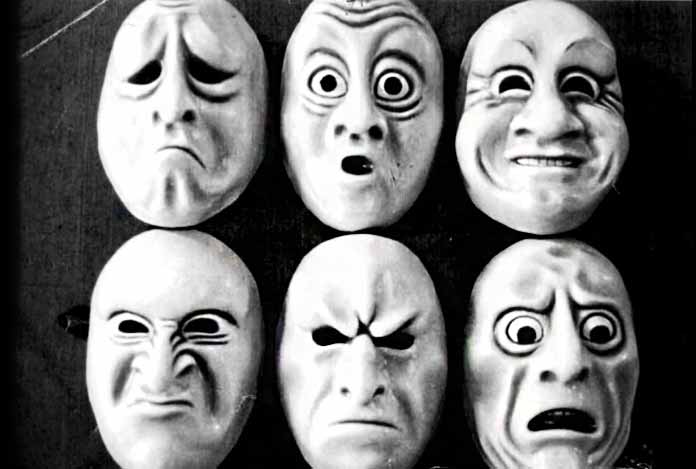
Personality Disorders can be classified into three categories which are called ‘Clusters’ – A, B, and C.
Cluster A includes odd and eccentric behavior:
- Paranoid Personality Disorder
- Schizoid Personality Disorder
- Schizotypal Personality Disorder
Cluster B includes dramatic, erratic and emotional behavior:
- Narcissistic Personality Disorder
- Borderline Personality Disorder
- Antisocial Personality Disorder
- Histrionic Personality Disorder
Cluster C includes fearful and anxious behavior:
- Obsessive Compulsive Personality Disorder
- Dependent Personality Disorder
- Avoidant Personality Disorder
Before we deeply understand these disorders, it should be noted that they are more a result of a historical observation than a scientific study.
CLUSTER A: ODD and ECCENTRIC BEHAVIOR
1. Paranoid Personality Disorder

A person with paranoid personality disorder feels that people are taking their advantage even when there is no logical reason for it. They think they are being lied and that their colleagues and friends cannot be trusted. As a result, the person becomes overly sensitive to problems, feels shame easily and struggles in building close relationships. They may even suspect their spouse of disloyalty without evidence.
A study found that Paranoid Personality Disorder is heritable and may possess environmental risk factors with Schizotypal Personality Disorder.
2. Schizoid Personality Disorder (SPD)

SPD includes a pattern of detachment from relationships. It makes a person difficult to express his/her emotions. A person finds little or no interest in sexual relationships, while others may think that he/she lacks ambitions and goals. A study reveals that a person with Schizoid PD experiences a deep longing for intimacy and finds relationships too distressing. Other see them as uncaring because they may be unable to express emotions.
3. Schizotypal Personality Disorder
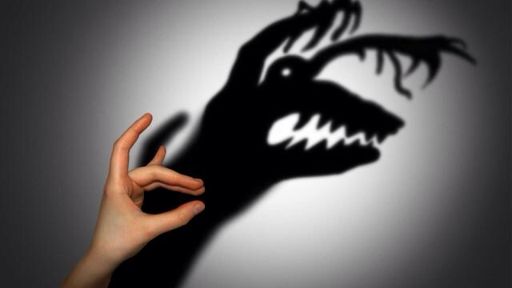
It is characterized by unusual behavior, speech, and perceptual experiences. Schizotypal PD shows a pattern of distortions in thinking and eccentric behavior. It can also include magical thinking (speaking of the devil can make him appear) and obsessive ruminations. A person with schizotypal disorder might be anxious around people (family and friends) and prefers to be alone.
CLUSTER B: DRAMATIC, ERRATIC and EMOTIONAL BEHAVIOR
1. Narcissistic Personality Disorder

A person with Narcissistic PD gets angry when he/she doesn’t get treated the way he wants. They get depressed and upset if people around make them feel less than perfect. They focus more on self-importance and need to be admired. To others, they may seem intolerant, insensitive or controlling. This PD follows a pattern of admiration and lack of empathy for others.
2. Borderline Personality Disorder
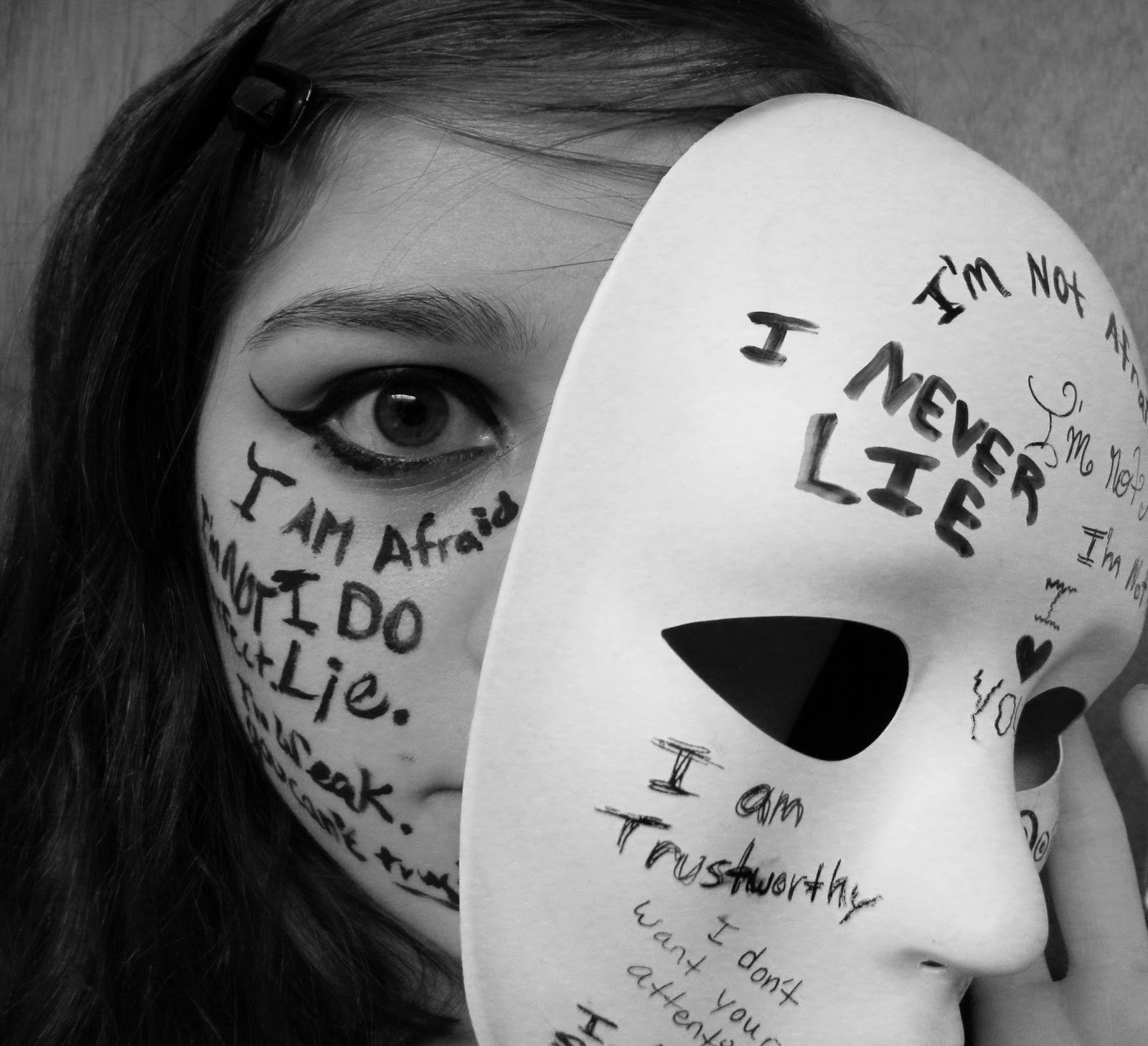
Borderline Personality Disorder shows a pattern of instability in emotional response and impulsivity. In this kind of PD, a person lacks a sense of self and experiences a feeling of emptiness. Outbursts of anger, violence and unstable relationships are common signs of Borderline personality disorder. According to a study, borderline PD is more common in women because women suffer sexual abuse more.
3. Antisocial Personality Disorder

Antisocial Personality Disorder is more common in men than women. A person with antisocial PD may repeatedly deceive others. The person disregards social obligations, lacks guilt, acts impulsively and fails to learn from experience. He/she may have a criminal record or a record of being in prison. They don’t care what is right or wrong and don’t feel bad when they hurt others. It is observed that people with Antisocial PD have a hard time taking care of their families.
4. Histrionic Personality Disorder
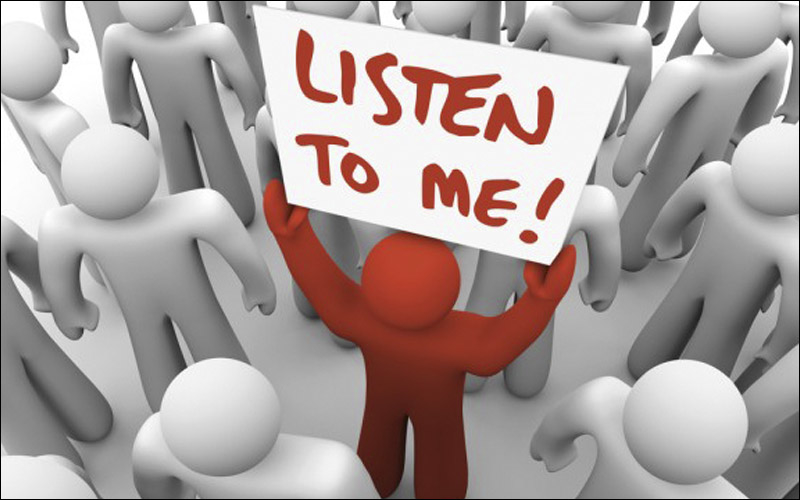
Histrionic Personality Disorder shows a pattern of attention and excessive emotions. People suffering from histrionic PD take good care of their looks and the way they are treated. Their dealings with people are seen as superficial and insincere which adversely affects their romantic relationships. They crave for new things and excitement. They also face strong emotions which change quickly and don’t last for long.
CLUSTER C: FEARFUL and ANXIOUS BEHAVIOR
1. Obsessive Compulsive Personality Disorder

OCD is characterized by an obsession with mental and interpersonal control, openness, orderliness, and perfectionism. They become upset in situations which are beyond their control. Although, their anger is not expressed directly.
For instance, they may become angry if the service in a restaurant is slow. Instead of talking to the manager, they think about how much to give as a tip.
Obsessive Compulsive Personality Disorder is also known as Anankastic PD. A person with this disorder is cautious, controlling and humorless.
2. Dependent Personality Disorder

As the name implies, people with Dependent Personality Disorders lack self-confidence and need a lot of help in making a decision. A person with Dependent PD sees himself as helpless and delegates his responsibility to others. They never show the excitement of trying new things. It is one of the most common disorders noted in men and women. They move onto the next relationship as soon as one ends. Both Dependent Personality Disorder and Borderline Personality disorder share the same signs.
3. Avoidant Personality Disorder

Avoidant personality disorder follows a pattern of sensitivity to rejection. People with Avoidant PD believe that they are inferior and socially inept. They ignore the meetings unless they are confident that they are liked by colleagues. According to research, people with Avoidant PD monitor internal reactions which prevent them from engaging in social situations. They may feel unwelcomed in social gatherings even when this is not true.
Schizophrenia - A Mental Illness that Affects a Person’s Ability to Behave Properly
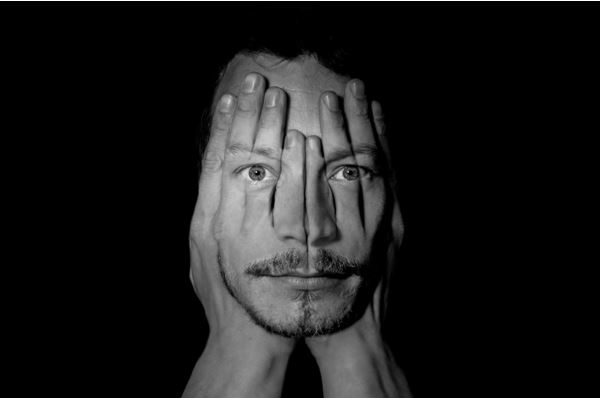
Have you ever heard about Schizophrenia? Apart from these common disorders described above, schizophrenia is also a mental disorder that strikes between the ages of 16 and 30. It is characterized by cognitive difficulties and hallucinations. It develops so slowly that a person suffering from schizophrenia does not know that they had it for years. In some cases, it can develop quickly.
Major Signs of Schizophrenia
The signs of schizophrenia indicate the changes in normal behavior in individuals such as:
- Hallucinations- People with schizophrenia experience range of hallucinations. They may feel, taste or smell things which are not there.
- False Beliefs- The patient may feel others are controlling them or sometimes think they possess extraordinary skills and abilities.
- Refuse to Take Medication- A person with schizophrenia refuses to take medication with the fear of poison.
- Lack of Motivation- They lack motivation and never stick to one subject.
How Can a Personality Disorder be Cured?

The remedy for any personality disorder depends on the particular type of personality disorder and its stage. These disorders cannot be treated in days or weeks; they require months or years to become normal from any disorder. The treatment may include a team of social workers, pharmacist, psychiatrist, and other therapists.
There are cases when you are diagnosed with mild signs so you may need medicine from a regular doctor or psychiatrist. Sometimes talk therapy is considered as the primary treatment for all personality disorders.
Lesser-Known Home Remedies to Treat Personality Disorders

Medication is not the only solution to treat personality disorders. Considering the healthy lifestyle along with the regular treatment plan may help you in treating disorders at an early stage.
- Avoid Alcohol and Drugs– Avoid Drugs and Alcohol as much as you can when you are taking medical treatment for personality disorder.
- Don’t Neglect Checkups– Don’t skip visits to care professional even when you are not feeling well. It may give rise to new health problems, or you may experience side effects.
- Learn About Your Situation– Know more and more about your health. It can motivate you to stick to the regular treatment plan.
Concluding Thoughts
The types of personality disorders are characterized by thinking patterns and behavior. The recent advancement in technologies and diagnostic methodologies has enabled researchers to know more about personality disorders as never before. The extensive research has made effective treatments for different personality disorders possible.
When people find difficulty in regulating their feelings and emotions, this only means that this problem will go on and affect their relationships. So if you observe or feel anyone around your friends or family struggling with a personality disorder, work with their mental health professional and find out how you can support and encourage them.
Disclaimer – This article only provides information and not advice.
Popular Posts
10 Amazing Lessons You Should Learn From Mr Olympia Jeremy Buendia
Jeremy Buendia is an fitness inspiration for people from all over the world, there is a reason why he has been so successful at what he has been doing. Don’t look for the reasons take some lessons from the fitness sensation right here, that can change your lives.
Ethan Stephans
Why Are Pubic Hair Thicker Than Body Hair?
As children we always had several questions about our bodies, which were alien to us, this post is to serve a decade-long curiosity of young boys/girls about their pubic hair and its texture.
Augustus Perez
7 Sleeping Tips That Every Woman Should Follow During Pregnancy
Pregnancy is not easy. Pregnant women experience a lot of changes in their bodies, like increased stomach size, frequent urination, and sleeping discomfort.
Still Unfold






